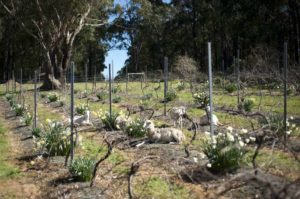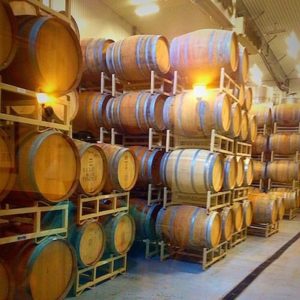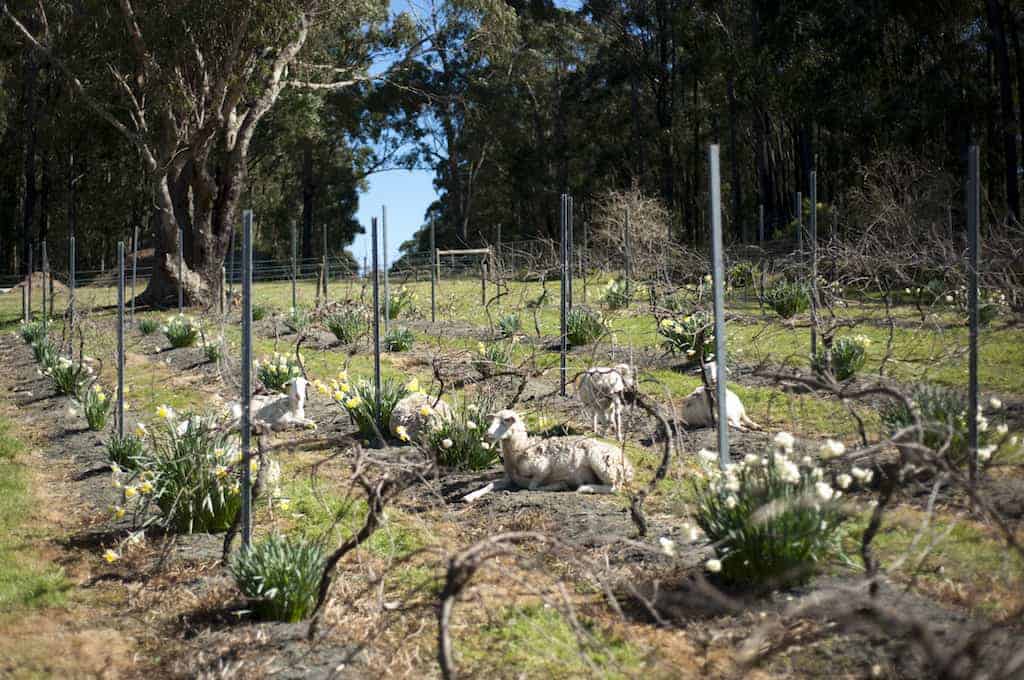A Quick Guide to Biodynamic Winemaking Practices
Biodynamic winemaking, otherwise known as biodynamic viticulture is taking off as a hot new trend in the wine world. The “biodynamic” concept actually stems from ideas pitched by Rudolf Steiner who gave a now famous agricultural course in 1924. Today, compounded with the current clean eating trends occurring across the world, health and environmentally conscious wine consumption has become extremely popular.
It’s important to note that while its popularity is growing, biodynamic agriculture is nothing new to some winemaking families who have been in the business for generations. It’s a tradition to many, and a way of life to those who feel spiritually and ecologically connected to their wine on a multitude of levels.

So What is Biodynamic Winemaking?
In essence, biodynamic farming is like organic farming on steroids, but with a spiritual touch as well. Winemakers look at their individual vineyard as having its own unique ecology. Separate from the vineyard next door.
The terroir, specifically the soil composition and how weather patterns affect their particular plot of land is crucial. The soil itself is viewed as an organism, and its chemical makeup affects the way grapes from a particular vine may taste.
RELATED: Learn About the Famous Wine Growing Region of Mendoza Argentina
The concept of a vineyard being its own naturally sustainable ecosystem stems from understanding the fundamental principles of nature at work. These winemakers essentially let nature “do its thing” with little to no interference from artificial sources. That means no artificial chemicals or pesticides are utilized during the growth, harvest or production phases of winemaking.
One example of this is how some producers let their sheep roam free across their vineyard plots. The sheep help to control the growth of weeds across the property, and also provide a natural source of fertilizer for the vines.
Biodynamic winemakers not only have a deep scientific understanding of the ecology of their vineyards, but they also incorporate and operate based on certain cosmic trends, especially lunar cycles when it comes to the harvest.
 What’s the Difference Between Organic and Biodynamic Wine?
What’s the Difference Between Organic and Biodynamic Wine?
Unlike biodynamic, “organic” is now a term that is regulated by the United States government and has a more rigid definition. Organically grown grapes need to be certified as such and must include no artificial chemicals or additives, including sulfites.
Biodynamic winemaking takes this a step further by not only ensuring nothing artificial is used during the growing and production processes, but also that the vineyard is sustainably operated as a whole and viewed as its own individual ecosystem. An ecosystem that is one with the cosmos and therefore should be minimally interfered with.
